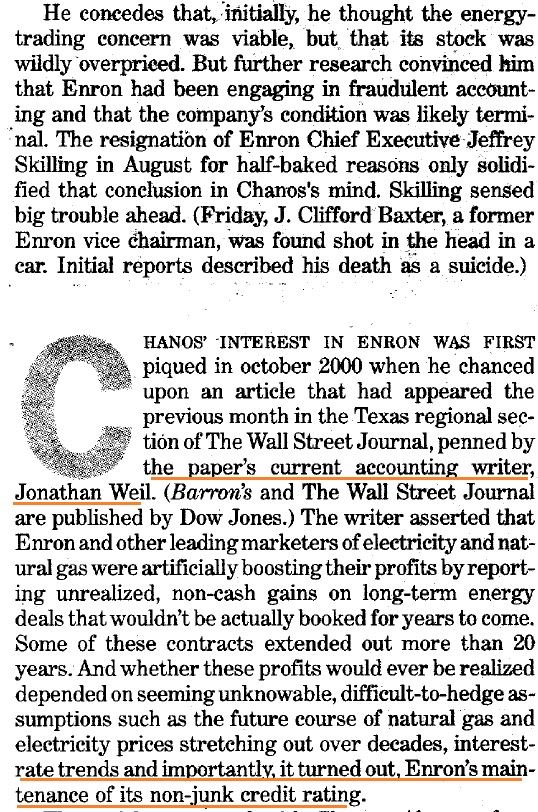
Loved this story of a hauntingly beautiful transformation.
"Compared to other athletes, she doesn’t seem to be physically extraordinary. But the mental strength Alenka forged through overcoming hardship has given her an obvious edge."
h/t @tom_morganKCP
onjustonebreath.com
"Compared to other athletes, she doesn’t seem to be physically extraordinary. But the mental strength Alenka forged through overcoming hardship has given her an obvious edge."
h/t @tom_morganKCP
onjustonebreath.com
"Our bodies are slightly less dense than water, so we float near the surface and need to kick to dive down. The deeper we go, the more the water above squeezes us. Pressure increases as does our density. Eventually, we sink like a stone. Gravity takes us — we’re in free fall."
"In many sports, 30-year-olds approach the ends of their careers. Freediving is different. Divers don’t just need strength and extraordinary breath-hold ability, but also calmness, maturity, and self-knowledge. Try too much, too soon, they are likely to burn out — or worse."
"This new self-knowledge changes Alenka’s priorities. Instead of medals, she wants to make up for the lost years, to live more, to discover who she really is. So she has an idea: Go on an extended solo adventure to a place where she can dive in the ocean."
"The outside world wants egos and fights and titles, she says. It’s not easy to be unaffected. But it’s possible."
• • •
Missing some Tweet in this thread? You can try to
force a refresh










